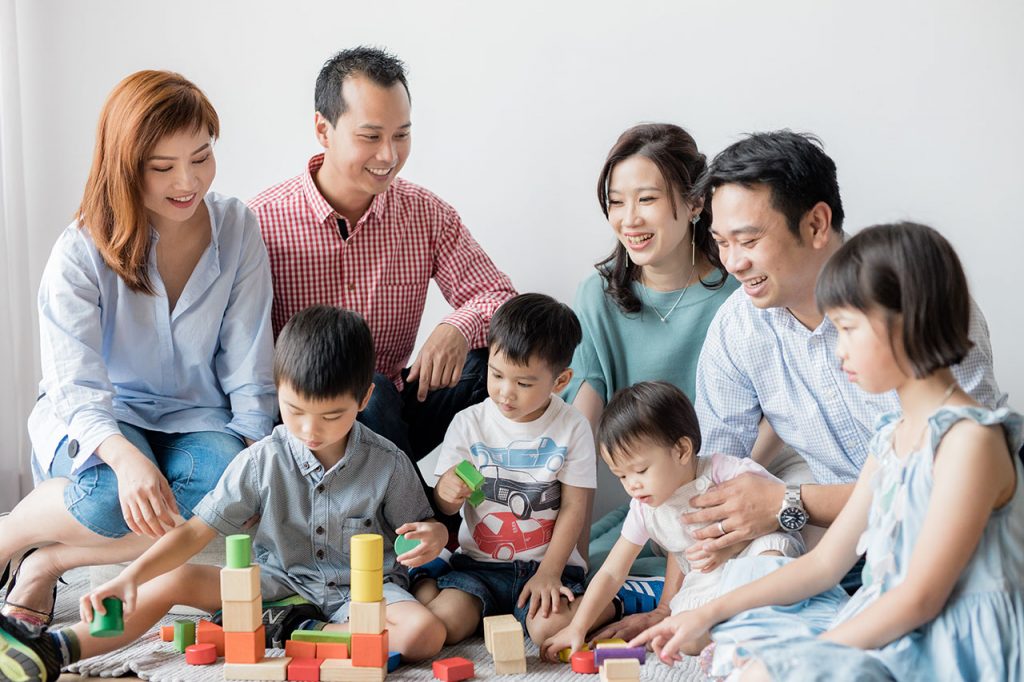Children of all ages experience stress and worry when they face issues with self-identity, academic pressure, peer pressure, bullying, and family issues at home. When they have no one to turn to for help, they develop feelings of anger that can eventually lead to self-hatred and self-harm. As parents, we cannot control their circumstances or shelter them from the reality of this world, but we can provide the right support system for them to rely on even while going through these difficult situations.
Here’s what your child’s support system is made of:
1. Parents
Parents support and guidance is an important part of a child’s life no matter how old the child is. Support starts when parents make themselves available for their children whenever their children want to talk to them. If a parent can listen when kids are sharing a neutral piece of information with them, then those kids will also know they can rely on their parents to listen in tough times.
2. Siblings
Older siblings play an important role in helping their younger siblings figure out how to cope with a problem, especially if its something they have experienced before. Likewise, even if younger siblings may not understand what their older sibling is going through, just being there for them and showing them love can be a gentle reminder for the older sibling to know that he / she has a supportive family. If you have two or more children, encourage them to rely on each other for support and advice. Be a role model for your children as well when you are with your own adult siblings so that they will have a good example to follow.
3. Extended family members

Uncles, aunts, grandparents, cousins, and other relatives can also provide very useful support to children. (Cousins especially play an influential role in your child’s life if he / she is an only child) They can give advice and comfort, lend a helping hand, and provide an objective viewpoint if there is conflict between you and your child. Talk to your extended family members to let them know your parenting preferences and to also let them know that you trust them to help raise your child when the extra support is needed.
4. School
Outside the family, children should feel comfortable going to their teachers, school counsellors, or the principal, whether their problems are related to their studies, friends, or family. However many children are afraid that their teachers will punish them, so teachers need to make an effort to build up trust with their students so they can be in the position to offer sound advice when the student needs it. Teachers, including tuition teachers, dance and music tutors, or sports coaches, all play a huge role in helping children build self-confidence.
5. Community
The way society operates today is quite different from how it did back in our parents’ day. Sadly, there is less trust among the community and with horrific news reports popping up every now and then, it can feel like parents have less reason to trust other people with their children. However, the opposite is also true – there are still many people in the community who can be good sources of support for children, and parents can identify who they are and allow them to be more involved in building a support system for their child’s well-being.
Even if you’re not a parent, just remember we all play a role in being part of a child’s support system. We can all look out for our immediate community of friends by asking them how they are doing or if they need support for anything, every now and then. Just by being emotionally available to others, we can be a helping hand when support is needed. After all, it takes a village to raise a child.
Next, we will talk about how you can help your child build a support system.
This article was taken from SUKA Society‘s booklet “It’s Okay To Ask For Help” with additional tips added by us. We want to thank them for providing helpful resources like this for Malaysian families.
Photos by Stories.my





Incredible, this is a beneficial web site.